Europe
Nobody expects the Spanish Inquisition – but you might on a website that covers mediaeval history. You won’t be disappointed as we have an article exploring that subject here. Religious activity and influence on international affairs, culture and politics is also explored in French history and across Europe. The exploits of the Vikings are addressed along with their legacy and influence on early medieval Europe and the establishment of the new European societies. Read more
Sort by:
Date (Newest first) | Title A-Z
Show:
All |
Articles |
Podcasts |
Multipage Articles
-

The Anglo-Saxon Kingdoms and Europe
ArticleClick to view -
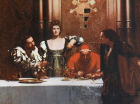
The Borgia: from fact to fiction
ArticleClick to view -
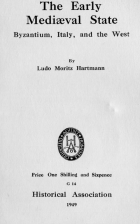
The Early Mediaeval State
ArticleClick to view -
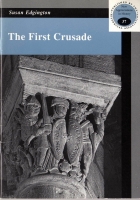
The First Crusade
ArticleClick to view -
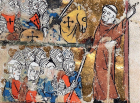
The First Crusade, 1095–99
ArticleClick to view -
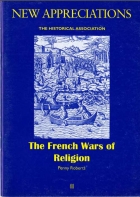
The French Wars of Religion
ArticleClick to view -
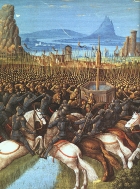
The Knights Templars
ArticleClick to view -
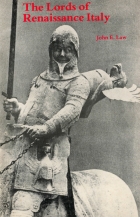
The Lords of Renaissance Italy
ArticleClick to view -
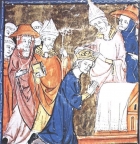
The Medieval Empire
ArticleClick to view -

The Miraculous Crusade: The Role of the Mystical and Miraculous in the Morale and Motivation of the First Crusade
ArticleClick to view -
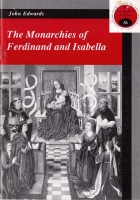
The Monarchies of Ferdinand and Isabella
ArticleClick to view -
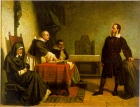
The New History of the Spanish Inquisition
ArticleClick to view -
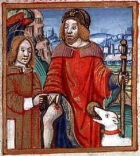
The Spanish Collection
ArticleClick to view -
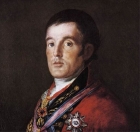
The Undergrowth of History
ArticleClick to view -

The archer's stake and the battle of Agincourt
ArticleClick to view -

Welsh archers at Agincourt: myth and reality
ArticleClick to view -

‘A little bird told me’: spies and espionage in the early medieval world
ArticleClick to view

